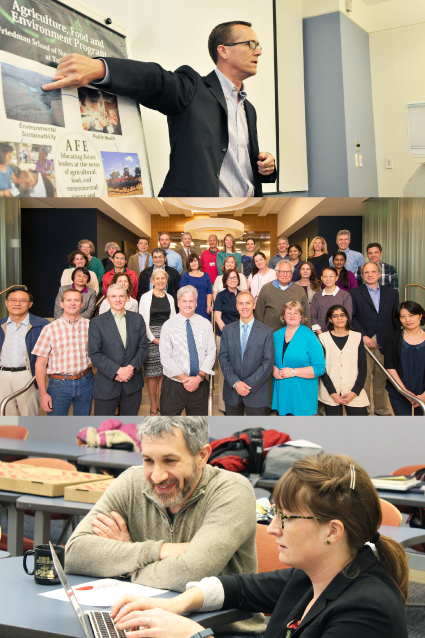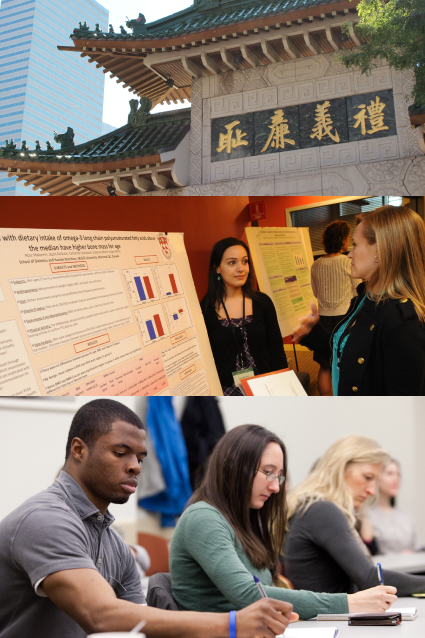August 6, 2018
Once every four years, nutrition researchers, scientists, and policy makers from across the globe convene in a different locale for the International Union of Nutrition Scientists (IUNS) International Congress of Nutrition (ICN).
This year marks the 21st session, to be held in Buenos Aires, Argentina for the first time. The chosen theme, “From Sciences to Nutrition Security” is particularly relevant in an era in which we are seeing many developing and ongoing global nutrition security crises due in no small part to the effects of climate change.

















